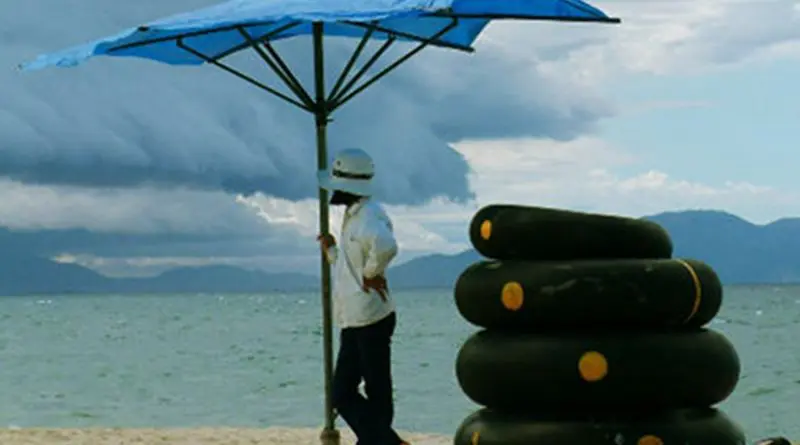Governments Commit To Promote More Resource Efficient And Pollution Free Asia-Pacific
Environment ministers and high-level officials from over 30 countries in Asia-Pacific have committed to move towards a clean and green Asia-Pacific, one that is more resource efficient and pollution free at the first Asia-Pacific Ministerial Summit on the Environment that concluded today in Bangkok. This will advance global agendas like the 2030 Agenda on Sustainable Development, the UN Environment Assembly resolutions and other global commitments.
The Summit culminated in a call for collaborative action to ensure that environment and development is approached in an integrated way, from promoting the sustainable management of natural resources, urban planning and spatial development, to fostering sustainable agriculture practices and advancing the green economy to reduce waste and pollution.
Participants at the Summit, jointly organized by the United Nations Economic and Social Commission for Asia and the Pacific (ESCAP) and UN Environment also highlighted the urgency of addressing environmental health risks associated with pollution, promoting resource efficiency measures and practices, and protecting natural capital and ecosystem integrity including wildlife, biodiversity and oceans.
United Nations Under-Secretary General and Executive Secretary of ESCAP Dr. Shamshad Akhtar said, “This is an important cornerstone of regional collaboration on sustainable management of natural resources in Asia and the Pacific. It underpins the agreement already reached in the regional roadmap for sustainable development and provides us with the vision of our member States on future cooperation.”
“There is a clear resolve to bring about a pollution free Asia Pacific. Political leadership, private sector engagement and citizen action is essential to ensure that people’s basic needs like access to healthcare, water and proper sanitation are met. At the same time, it is imperative that we step up efforts to reduce plastic waste and marine litter,” said Erik Solheim, head of UN Environment.
Other issues addressed at the periphery of the Summit include gender and environment, oceans governance, climate geoengineering, investments in water infrastructure and the Astana Green Bridge Initiative.

